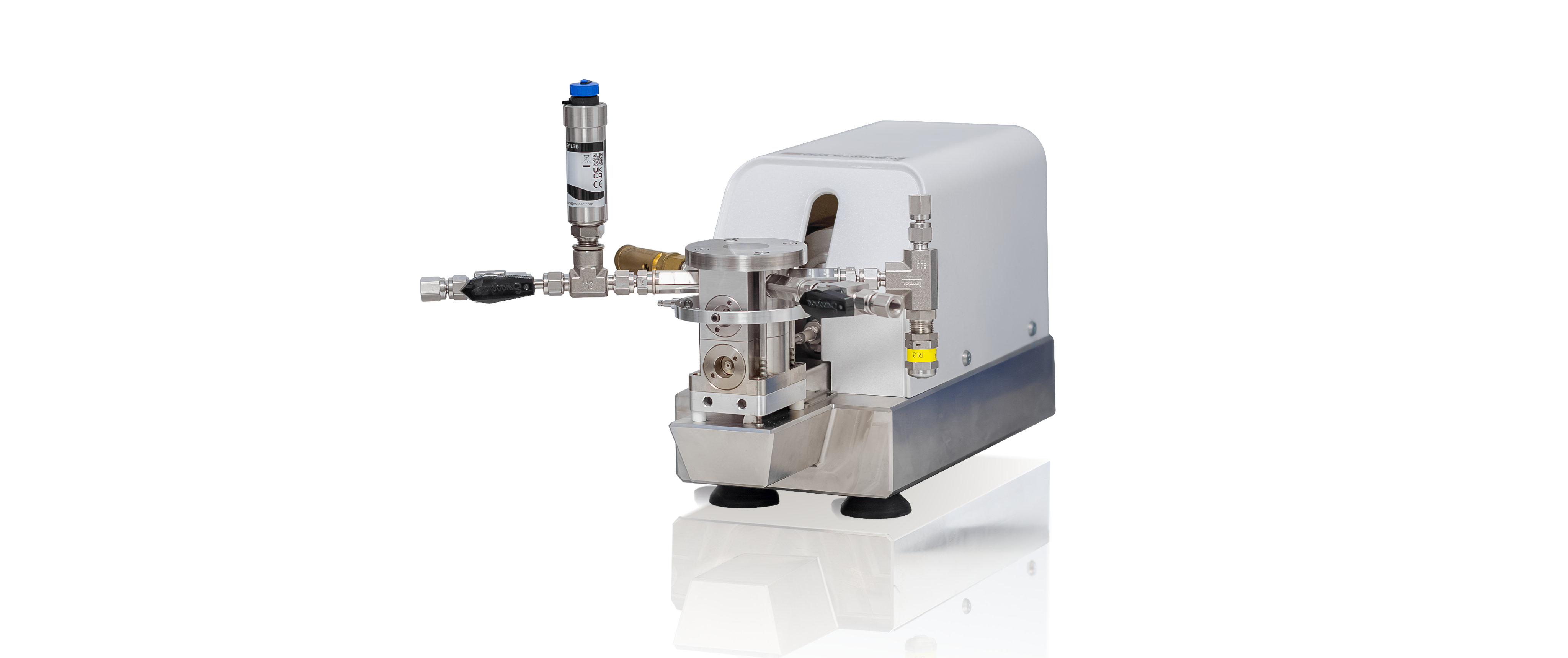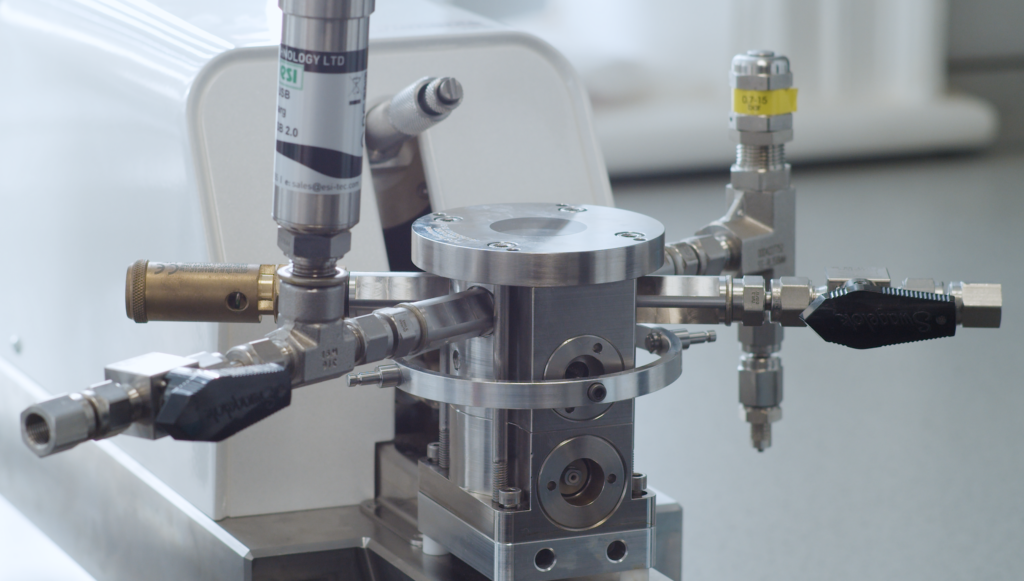The New HPR

PCS Instruments has proudly introduced the HPR, a groundbreaking instrument designed for advanced friction and wear testing under a variety of conditions, including high pressure and vacuum environments. The HPR stands out with its unique removable chamber feature, enabling the creation and testing of blends on-site quickly and safely.

With the capacity to operate across a wide range of pressures and to accommodate small test volumes, the HPR is designed to optimise laboratory space while ensuring the reliability and repeatability of tests.
This compact, efficient tool is essential for researchers focusing on the tribology of emerging fuels and lubricants, offering precise control over the testing environment for groundbreaking insights into material performance.
Tom Welham, R&D Manager at PCS Instruments, emphasised the instrument’s significance: “The HPR is a highly innovative instrument that allows the measurement of friction in a reciprocating contact under controlled atmospheric conditions including under vacuum and positive pressure, up to 10 bar, The removable test chamber allows blending of gases inside the chamber, under pressure, away from the instrument. This gives significant new opportunities for research, including investigating the impact on friction and wear of new sources of fuel such as hydrogen and ammonia, reactive and inert atmospheres and volatile lubricants.”
PCS Instruments CEO Steven Horder had this to say of the HPR, “Really proud to see another product release from PCS Instruments with the launch of the new HPR, continuing our commitment to support our customers with Tribology test equipment for leading edge research.”
PCS has a 30-year track record of developing scientific instruments for use in tribology – the science and engineering of interacting surfaces in relative motion.
Our instruments have been sold in more than 100 countries – and are used as standard in parts of the lubricants industry to measure friction and improve energy efficiency.
Want to learn more about PCS? Check out our most recent content here:
